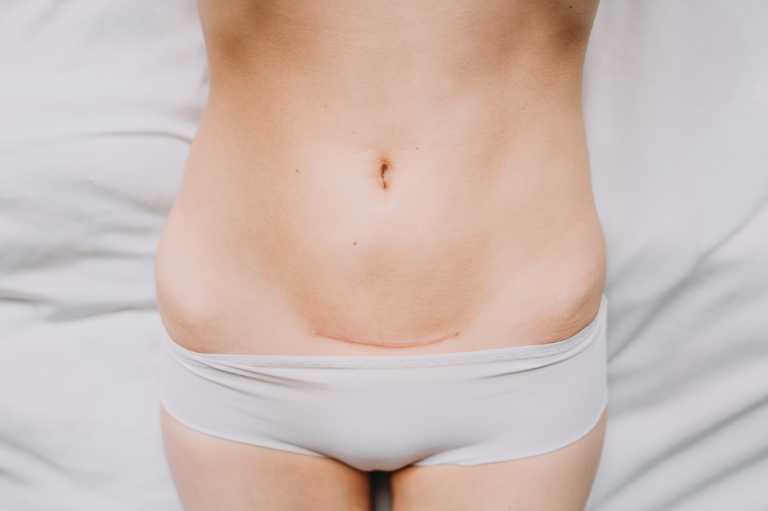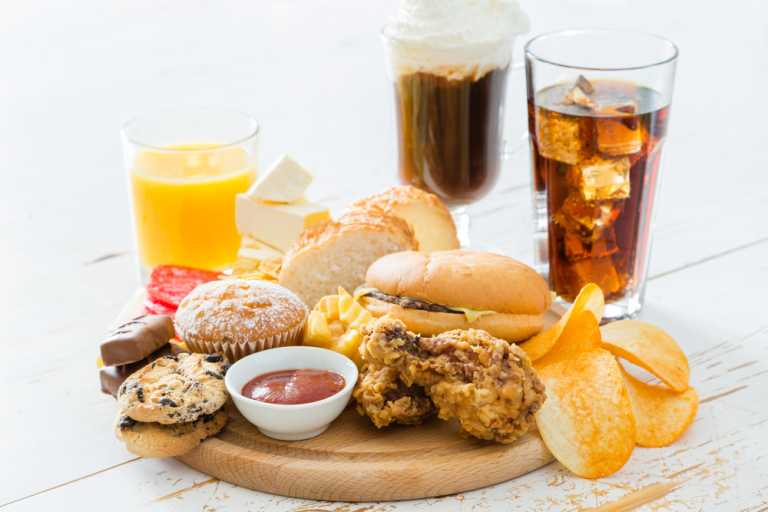Breast squeezing during pregnancy is a hot topic right now. Some women swear by it, and others say it comes with unnecessary risks.
The reason for the confusion is that whether or not it’s worth it will differ for every pregnancy.
For example, if you have diabetes or your baby has a heart condition, it could be a lifeline. But if you have a cervical stitch or your baby measures small, you could do more harm than good.
Here is everything you need to know about squeezing your breasts while pregnant and if it’s right for you.
What Happens If You Squeeze Your Breasts While Pregnant?
Squeezing your breasts while pregnant can do two things:
- It Stimulates the Production of Colostrum, Which You Can Harvest and Store
Colostrum is the first milk you’ll make for your baby and is by far the most nutritious. It’s often called liquid gold due to its yellow color and the fact that it’s packed full of vitamins, nutrients, and antibodies.
You’ll begin producing it around 16 weeks into your pregnancy, and you can usually start hand-expressing at 37 weeks. Do this using clean syringes, and ensure you label and freeze them right away.
- It Can Trigger Contractions and Cause Premature Labor
Nipple stimulation during pregnancy releases the hormone oxytocin, which can cause contractions. These reduce the blood supply to your baby, and if you have a weak cervix, they can trigger preterm labor.
The first sounds like a fantastic thing to do for your baby, and the second sounds incredibly scary. So, what are the real risks and benefits? Let’s dive in.
When is Squeezing Your Breasts During Pregnancy a Good Idea?
If you’re having a healthy, uncomplicated pregnancy, there’s no real need to harvest your colostrum. You won’t run out before birth, and your baby will be able to get it through breastfeeding.
However, things aren’t always this simple. So, having a frozen stock of colostrum will come in handy if:
- You Have Diabetes
If you have diabetes, your baby has a higher risk of developing hypoglycemia after birth. This means their blood sugar may drop to dangerous levels if your milk supply is low.
If this happens, your baby may be given formula. Having this as a life-saving option is incredible. But it’s not as good for your baby’s immune system or gut health as colostrum.
- Your Baby Struggles to Nurse
If your baby is born with Down’s Syndrome, a heart condition, a tongue tie, or a cleft palate, they may find it hard to breastfeed.
- You Have Twins or Triplets
If you have multiples, breastfeeding can be more challenging. Plus, it can take a few days for your supply to meet demand. Pre-expressing your colostrum will ensure they all get their share of liquid gold.
- Your Baby Has a High Birth Weight
Bigger babies drink more. So, you may want to give them top-up feeds while your milk comes in.
- Your Baby Has a Low Birth Weight
If your baby is small or premature, they may struggle to breastfeed until they get stronger.
When Is Squeezing Your Breasts During Pregnancy a Bad Idea?
As nipple stimulation can bring on contractions, squeezing your breasts isn’t recommended if:
- You Are Less Than 37 Weeks Pregnant
Just in case you trigger labor, you should wait to express until your baby is full term.
- Expressing Causes Contractions
Contractions reduce the blood supply to your uterus, which can distress your baby.
- You Are at Risk of Preterm Birth
The contractions caused by nipple stimulation won’t cause preterm birth in a healthy pregnancy. But if you have a weak cervix or cervical stitch, it’s not worth the risk.
- Your Baby Isn’t Growing Well
Contractions will restrict the blood supply your little one needs to thrive.
- Your Baby Is in a Breech (Bottom or Feet Down) Position
If you are full term with a breech baby, don’t do anything that could bring on labor. Instead, give them a chance to turn.
Takeaway
Whether harvesting colostrum is right for you depends on your medical history and your baby’s health. So, always consult your doctor or health care provider before you express.




